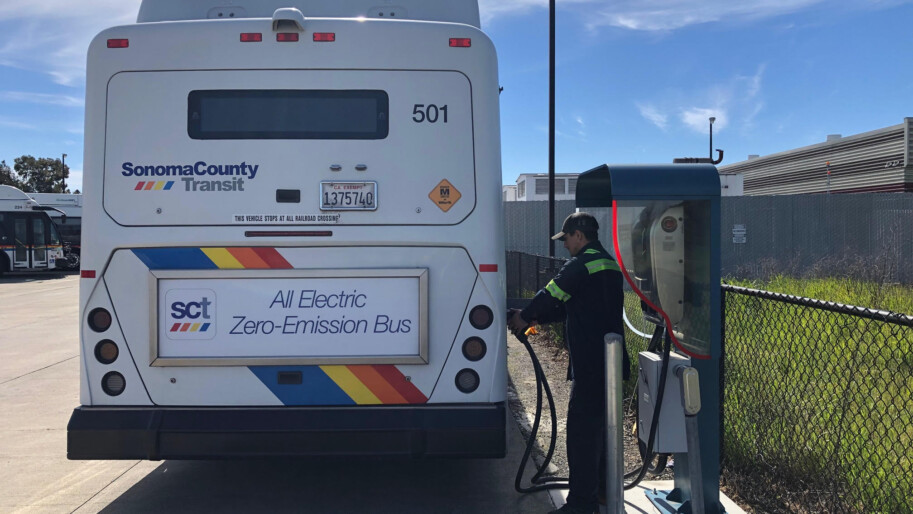On April 25, 2023, SB 233, introduced by Senator Nancy Skinner (D-Berkeley) and sponsored by The Climate Center, advanced out of the Senate Transportation Committee. The bill aims to unlock the potential for California’s millions of electric vehicles to power homes during outages, lower energy bills for Californians, and make the whole electricity grid more reliable. The bill will require most new electric vehicles (EVs) sold in California to have bidirectional charging capability by 2027.
The bill will next be voted on in the Senate Appropriations Committee.
The following testimony was given to the committee by Nicole Rivera, Government Affairs Director for The Climate Center:
Good afternoon, Chair Gonzalez and committee members. I am Nicole Rivera, here with Kurt Johnson from The Climate Center, sponsor of SB 233. Many thanks to Senator Skinner for leading on this key legislation.
As we face the escalating threat of climate change, we cannot afford to continue relying on outdated and polluting technologies to keep our lights on. It’s time for California to take bold action and embrace a cleaner, more resilient, and more equitable energy future. Relying on polluting peaker plants and generators to keep our lights on during power outages disproportionately harms lower-income and working-class communities, exacerbating the environmental injustices that already plague these neighborhoods.
We have a better option. By using electric vehicles as batteries on wheels, we can create a more resilient and reliable power grid while also reducing our carbon emissions. This approach has the potential to benefit everyone, from suburbs to cities. It can help ensure that energy resilience is available to every Californian, regardless of their income level.
SB 233 is a critical piece of legislation that would help us unlock the full potential of this approach. By making EVs bidirectional, we can use them to store energy when it’s plentiful and discharge it when it’s needed most.
This bill is supported by more than 70 organizations, including environmental and environmental justice groups, EV industry leaders, and local governmental organizations.
Tesla is making all of its vehicles bidirectional by 2025 and bidirectionality is standard for Nissan Leafs. Making EVs bidirectional is a simple software upgrade and doable now as standards already exist. And bidirectional charging can be managed to maintain battery life. If we use even a tiny percentage of our growing EV capacity, we can avoid blackouts and secure a more reliable power grid.
This bill sends a critical market signal. It helps California leverage this massive EV energy capacity. And it helps ensure energy resilience is available to every Californian at every EV price point.
We urge you to support this important bill and help California build a grid for the future — one that is clean, affordable, reliable, equitable, and safe.
The time for half-measures and incremental change has passed. We need bold action now to build and support a grid for the future. We ask you to support SB 233 and help California lead the way in the fight against climate change. Thank you.
